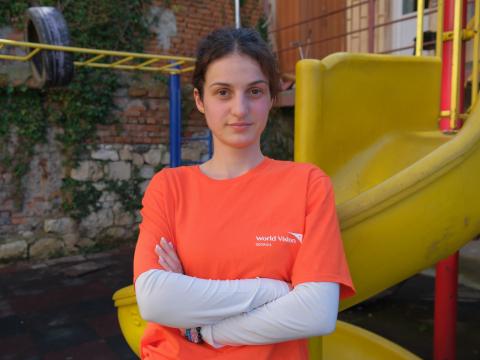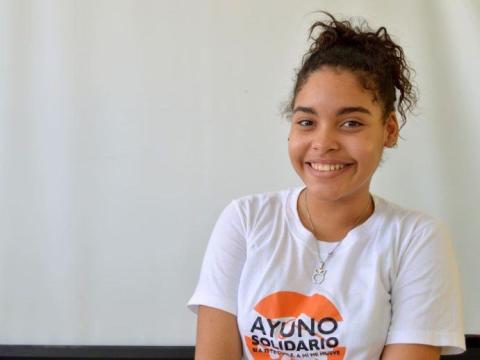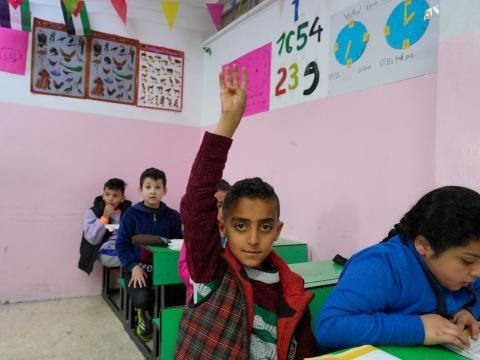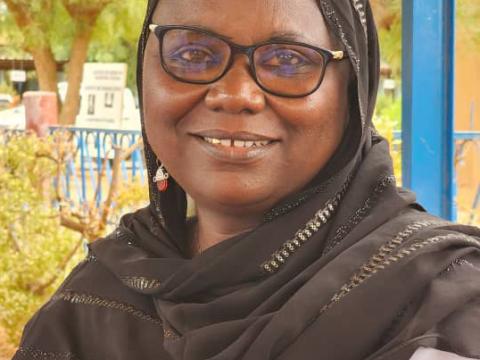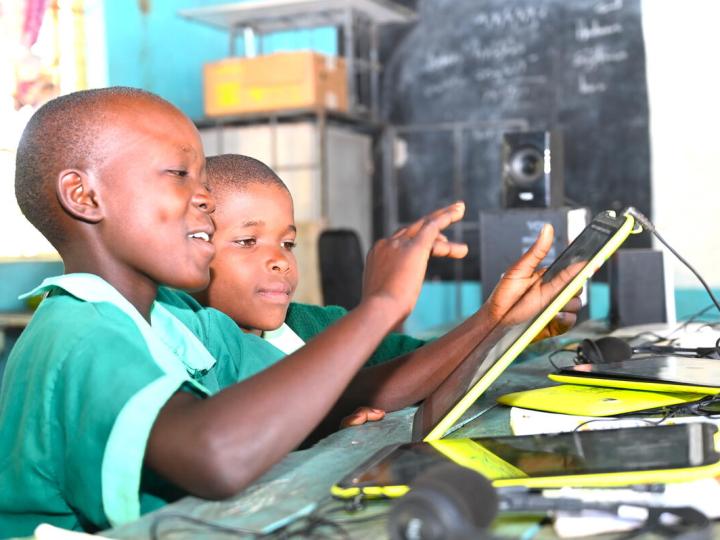
International Day of Education
Let's Celebrate International Day of Education
Under the theme “AI and education: Preserving human agency in a world of automation”, the 2025 International Day of Education encourages reflections on the power of education to equip individuals and communities to navigate, understand and influence technological advancement.
At World Vision we are committed to ensure most vulnerable children and adolescents have access to inclusive and quality education, especially in the hardest-to-reach places. We believe that AI and technology can enable teachers, caregivers, practitioners and policy-makers to improve access to quality and inclusive education ensuring we apply a "Human in the Loop" approach as Aristeu Duarte describes in his article.
Ann Munene reminds us that application of AI needs to be guided by ethical practices and a commitment to equity and inclusivity. The power of AI to analyse data can unmask grave inequalities and guide investment decisions to achieve equitable learning outcomes. Vika Sargsyan affirms the importance of strong beginnings enlisting existing applications that can potentiate development outcomes in the early years. In emergency response, practitioners are constrained by time and receive an overwhelming amount of information. Through the AI-supported Integrate tool, Charbel Chidiac illustrates how access to this tool facilitates integrated programming that address children’s needs more effectively and holistically.
World Vision is leading a movement to make learning better and inclusive. AI applied with human agency can change education in ways that transforms and enables learning for most vulnerable children.
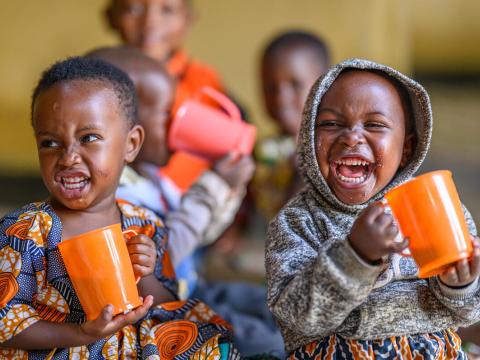
Read World Vision's take on AI in Education
Here are articles from World Vision Global experts within the Education Sector:
- Building Strong Foundations: The Importance of Early Childhood Development in a Changing World
- Empowering Humanitarian Practitioners with AI: World Vision’s Participation in the Integrate Project
- Leveraging AI for Educational Data Analysis and Synthesis
- AI in education - empowering learning with human expertise
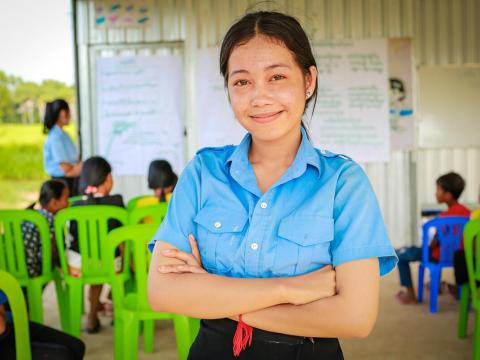
Did you know that?
- World Vision Afghanistan - 55,509 Children benefitted from learning opportunities provided 1,870 Community Based Education (CBE) and Accelerated Learning Class (ALC) schools
- World Vision Bangladesh - 15,026 adolescents received education via 672 adolescent groups
- World Vision Burundi - Improved literacy skills of 251,669 primary school-aged children (5-14 years( through 476 schools
- World Vision Kenya - 88,364 parents trained in courses/workshops tackling positive discipline
- World Vision Malawi - 257 digital books were distributed to children in Reading Camps. 38,530 Most Vulnerable Children, including 3,494 children with disabilities participated in WV Education programmes
- World Vision Myanmar - 10,514 children benefitted from 216 Early Childhood Care and Development (ECCD) centres
- World Vision Rwanda - 144,147 children aged 3-6 years benefited from Learning Roots interventions
- World Vision Uganda - 114,946 children participated in the "Unlock Literacy" model to improve their learning
